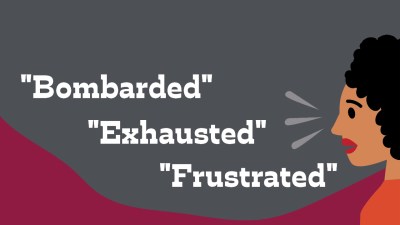Have you seen Ex Machina yet? I watched it on a flight back from London. Its depiction of artificial intelligence is way, way ahead of the actual state of the field, but this week we saw a hint, just a tiny bit of evidence, that we may be on the path to creating robots that can shape their own destinies.
Meet Nao, a robot as cute an unthreatening as Ex Machina’s Ava is seductive and…oh, sorry, no plot spoilers.
Nao is in the news because it just became the first robot to pass a test of self-awareness. (Not as rigorous as the Turing Test administered to Ava, but an early pre-requisite.)
This video shows what happened when Professor Selmer Bringsjord of New York’s Rensselaer Polytechnic Institute asked three Naos which one of them had not received a “dumbing pill” (actually a push of a button) that would render them mute. Watch what happens:
So, first steps on a long road. In the past century we have progressively extended the concept of personhood, and “human” rights to an ever wider circle. In the US women were granted voting rights in 1920. The Civil Rights Act of 1964 ended segregation and banned discrimination on the basis of race, color, religion, gender or national origin. The Supreme Court of the United States just ruled that gays have the right to marry. Globally, we are beginning to recognize the rights of non-humans as well: In January a court in Argentina granted an Orangutan named Sandra the right to “life, liberty and freedom from harm.” In 2012, New Zealand granted a river “rights of personhood” and appointed legal (human) custodians to represent its interests.
So, my futurist Friday question for you: can you imagine granting personhood, and legal rights, to robots? And if so, what would a robot need to demonstrate (such as self-awareness) to demonstrate it deserved those rights?









Comments